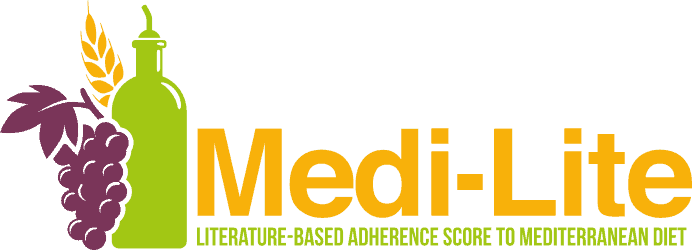Mediterranean diet and thyroid health
Thyroid nodules, of both benign and malignant nature, are among the main disorders of the thyroid gland and their incidence is increasing worldwide. Several factors, both modifiable and non-modifiable, may contribute to their etiopathogenesis and, among the former, dietary habits play an important role. These can have both a direct and indirect effect, i.e., mediated by aspects related to body composition. To date, the positive role of certain micronutrients, particularly iodine, is widely known, but evidence on the effects of dietary patterns “as a whole” is still limited.

The authors of a recent study assessed the possible relationship between adherence to the Mediterranean Diet and thyroid nodular disease. The sample included 794 Italian subjects aged between 18 and 65 years, with a female prevalence (70%). Almost half of the participants (49%) had thyroid nodules. Data showed that adherence to the Mediterranean diet was significantly lower among the latter. In particular, when analysing individual food groups, subjects with thyroid nodular disease had a significantly lower consumption of traditional Mediterranean foods, such as extra-virgin olive oil, vegetables and fish, and a higher intake of red and processed meat and butter, compared to participants without thyroid nodules. Furthermore, low adherence to the Mediterranean diet was associated with a 33% higher probability of having thyroid nodules at high risk of malignancy, independently of body weight.
Although clinical trials are still limited, findings from this pilot study show that adherence to the Mediterranean diet could also play a beneficial role in preventing thyroid nodules and cancer. Further scientific research is therefore needed to better explore this topic.
Source: Barrea L et al. Adherence to the Mediterranean Diet as a Modifiable Risk Factor for Thyroid Nodular Disease and Thyroid Cancer: Results From a Pilot Study. Front Nutr. 2022;9:944200.



